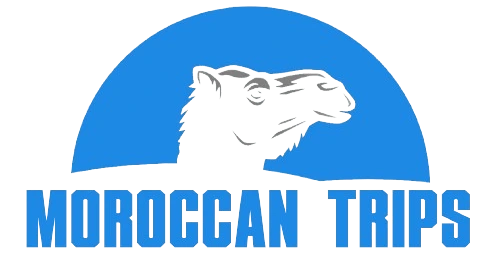


阿拉伯语是官方语言,带有摩洛哥方言,称为达吉亚(Darjia)。由于历史关系,法语也很常见,在某些地区听到了一些西班牙语。
摩洛哥通常是安全且政治上稳定的。游客应该注意盗窃,骗局和骚扰,这是最常见的犯罪。
建议保守地打扮,特别是对于女性。参观清真寺时,需要遮住手腕和脚踝。
摩洛哥迪拉姆(MAD)是当地货币。建议将现金用于较小的市场和出租车,因为它们可能不接受信用卡。
春季(3月至5月)和秋季(9月至11月)非常适合宜人的天气。
传统菜肴包括Tagine,蒸粗麦粉和薄荷茶。街头食品和当地美食提供摩洛哥文化的味道。
是的,小费是餐饮,指南和出租车等服务的习惯。
马拉喀什(Marrakech),FES,Chefchaouen和撒哈拉沙漠(Sahara Desert)是顶级目的地。
尽管迪拉姆是首选的,但有些地方可能会接受欧元。美元不被接受,应换成当地货币。
建议与旅行诊所咨询有关建议的疫苗接种并进行任何个人药物。
